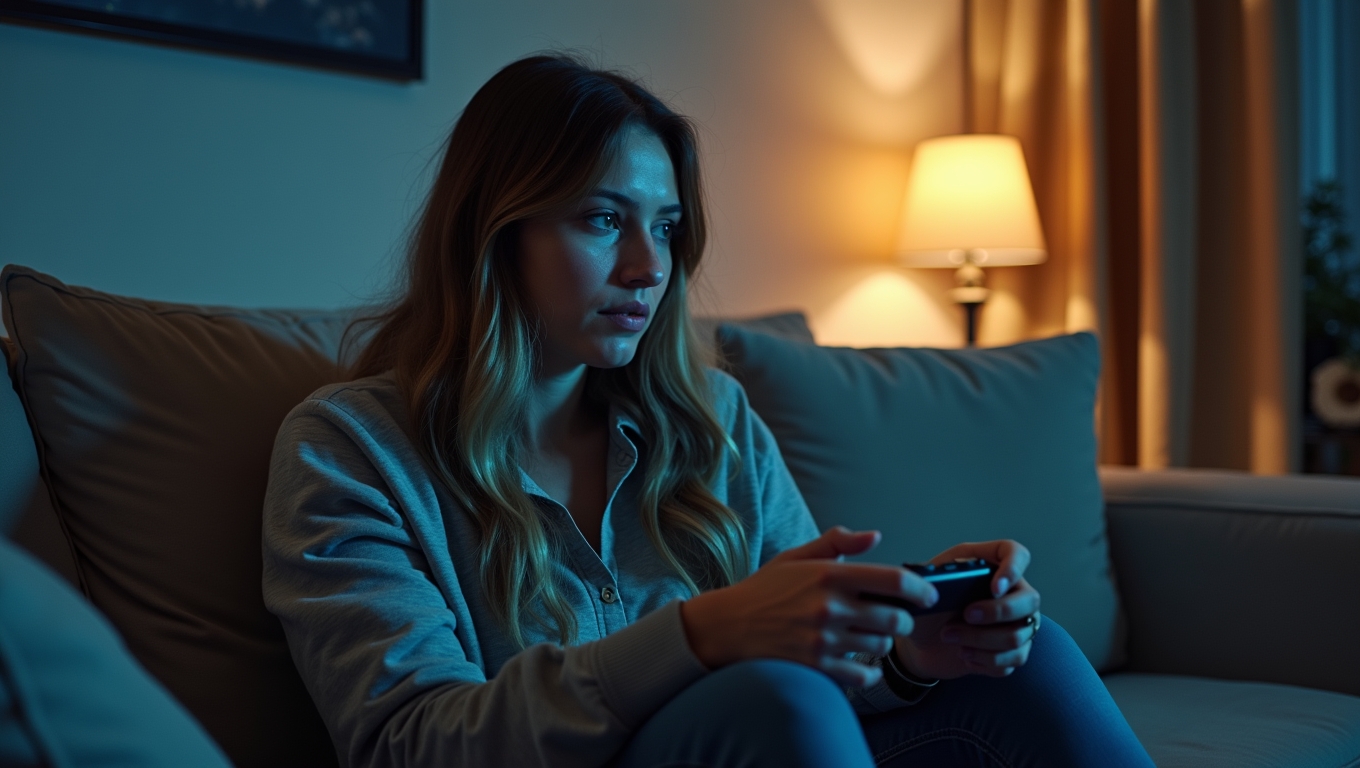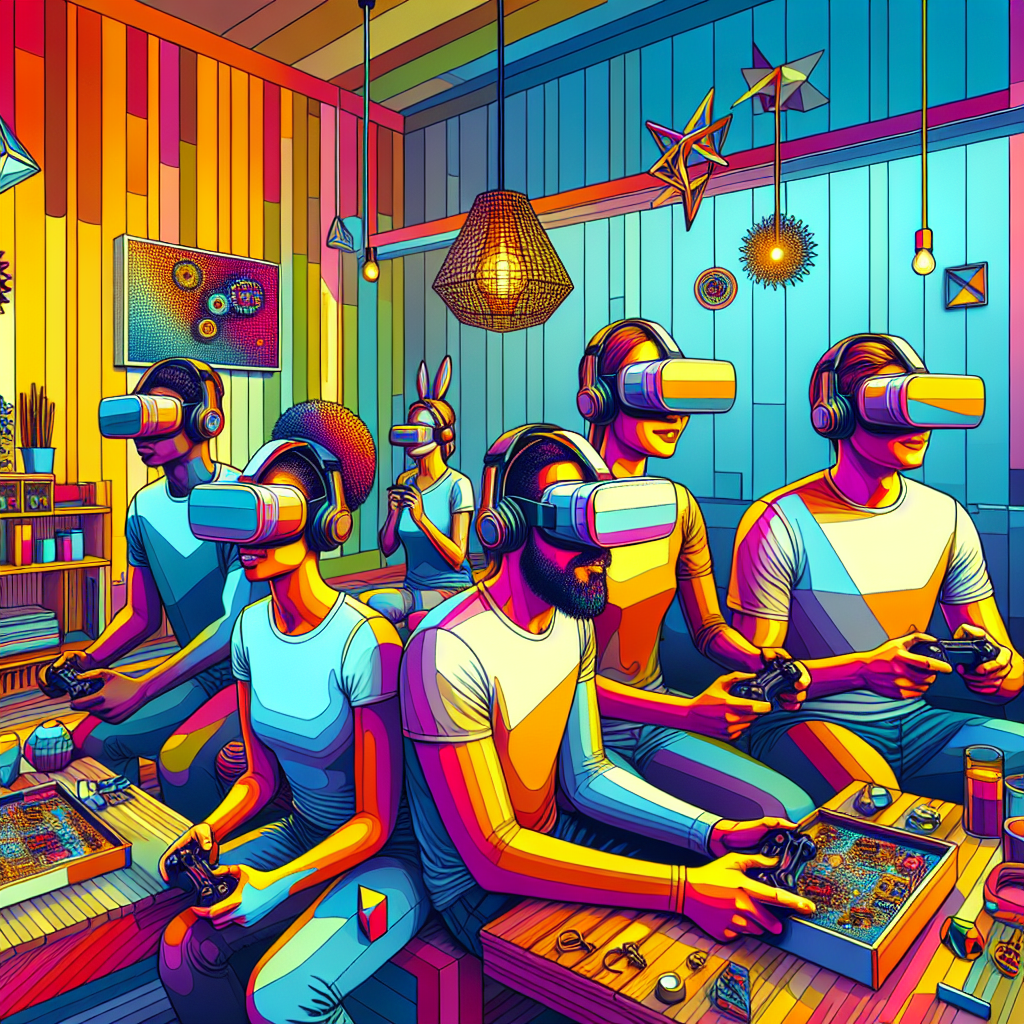Games and mental health are intertwined in various ways, impacting individuals’ well-being positively and negatively. Many studies have shown that engaging in games can provide therapeutic benefits, helping to alleviate symptoms of anxiety, depression, and stress. Whether it’s through video games, board games, or role-playing games, the interactive nature of gaming offers unique opportunities for emotional expression and connection.
The Therapeutic Benefits of Gaming
Gamers often experience a sense of achievement and satisfaction when they complete tasks or overcome challenges within games. This sense of accomplishment can boost self-esteem and provide a break from real-life stressors. Games can also serve as a form of escapism, allowing players to immerse themselves in different worlds and narratives, which can be particularly beneficial during challenging times.
Moreover, many therapeutic games are designed specifically to promote mental health. These games often incorporate elements that encourage relaxation, mindfulness, and emotional regulation. For instance, games that focus on problem-solving or creative expression can enhance cognitive skills while providing a safe space for players to explore their feelings.


Social Connections Through Gaming
Another significant aspect of games and mental health is the social connections they foster. Multiplayer games allow individuals to connect with others, creating a sense of community and belonging. This social interaction is crucial for mental health, as it can reduce feelings of loneliness and isolation. Online gaming communities often provide support networks, where players can share experiences and offer encouragement.
However, it’s essential to recognize that not all gaming experiences are beneficial. Excessive gaming can lead to addiction and may exacerbate mental health issues. It’s crucial for individuals to find a balance and engage in gaming in moderation. Setting limits on gaming time and being mindful of its impact on daily life can help maintain a healthy relationship with games.
Conclusion: Finding Balance
In conclusion, games and mental health have a complex relationship. While gaming can offer numerous benefits, including therapeutic advantages and social connections, it’s vital to engage mindfully. By recognizing the potential impacts of gaming on mental well-being, individuals can harness the positive aspects while avoiding the pitfalls. Games can be a powerful tool for enhancing mental health when enjoyed in moderation, fostering connections, and promoting personal growth.
Some content and/or images on this page were created using AI.





